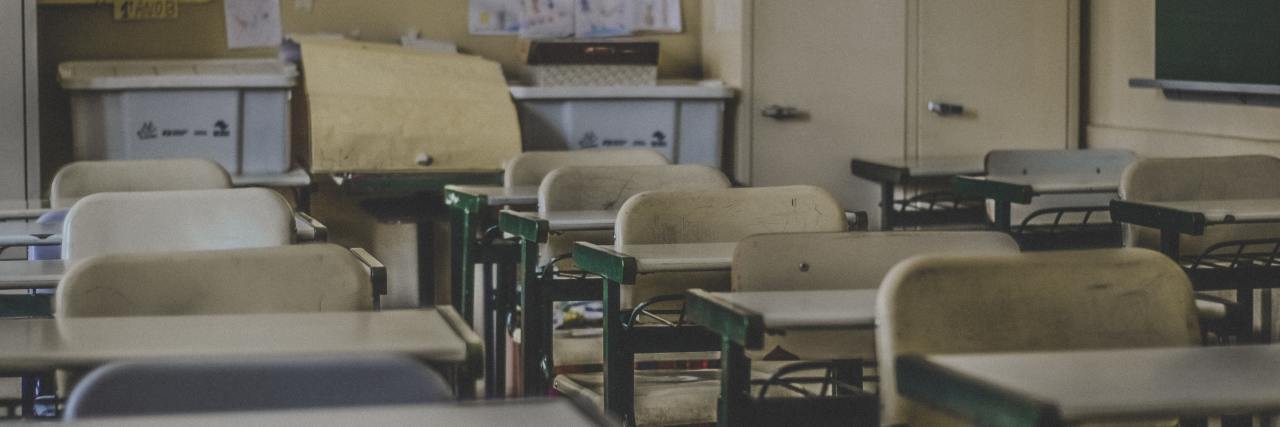Why Counseling Should Be Part of Everyone's School Education
I was in a crisis the first time I experienced the symptoms of depression. I didn’t realize a human being could feel the way I did. I wanted to talk to a professional as soon as possible. I quickly arranged an appointment with a university counselor. A session was offered to me in a couple of weeks. However, I desperately needed it the next day. By the time I arrived at my counseling session, I felt better, so thought I didn’t need it. If only I had been able to see a professional at the first expression of my depression and anxiety. Before it retreated, lying in wait.
I feel sorry for that 18-year-old kid. I didn’t realize it at the time, but that was the start of my long, laborious mental health crisis. Panic, anxiety and depression became part of my life. Name an anxiety or depression symptom, and chances are, I’ve experienced some version of it. As I look back on that moment 10 years ago, I can’t help but wonder: Could my crisis have been prevented? Because, like me, there are millions of scared individuals experiencing detrimental mental health symptoms for the first time, completely unprepared.
The answer, in my opinion, is almost definitively, “Yes.”
In fact, beyond simple prevention, I wholeheartedly believe my life could have been enhanced.
Like many people, counseling helped me. But it was the opposite of fun. At the time, I was in a lot of pain. The hour-sessions felt painfully short, the week in between painfully long. At the beginning of my counseling journey, my mind was shot. It was in no state to deal with an education … but an education is what I desperately needed. Counseling, to me, has all the markers of an educational process. It is one far removed from intellectual spheres. There are no classrooms or tests or lessons. But it is, in my mind, undoubtedly an education. An emotional one, too.
Given enough time, I eventually learned a whole new language to describe my feelings, as well as how to understand others. I realized what listening to another person actually meant. It became far easier to put myself in others’ shoes.
The nigh irrefutable key to why counseling is a form of education is I felt like a whole new world was open to me. It is what any education does. For example, once we have learnt how to read, entirely new experiences are suddenly open to us. Books, articles and the internet become our playgrounds.
When I came to the realization counseling was more an education than treatment, something in the back of my mind began to bug me. The system felt all wrong. Educations are currently presented to us as aspirational. When I write the phrase “learn new things,” it will likely feel exciting to you. It is how education is marketed to us. They are focused on the future.
But the culture of counseling, in its current format, seems focused on the past. A simple perusal of profiles in the counseling directory brings phrases like, “Do you feel depressed or anxious?” And, “Are you struggling in parts of your life?” The counseling system seems set up for those already in crisis.
It doesn’t make any sense to me. I realized if a form of counseling was part of my education growing up, if space was given to me to talk about my feelings with a professional — my mental health crisis could have been prevented. Or at worst, I would have known where to go and what to do if I did have one. And the process would have been easier to bear. Life would have been easier. This is the power of an education.
Counseling is already an extremely effective tool for those in crisis. It was for me. But I think it could be even more effective to the perfectly ordinary, “normal” individual. One can only imagine what it could do if it was used to enhance all our emotional educations.
A version of this piece was originally published on Mental Movement.
Unsplash image by Feliphe Schiarolli

